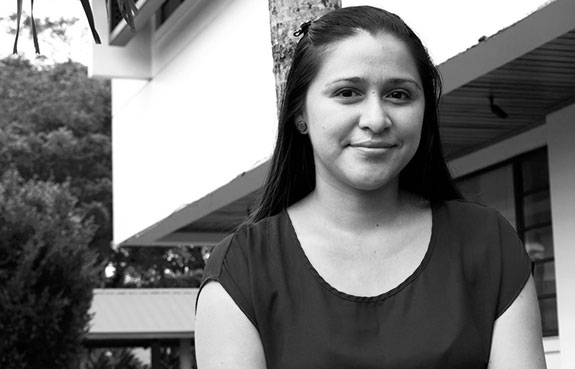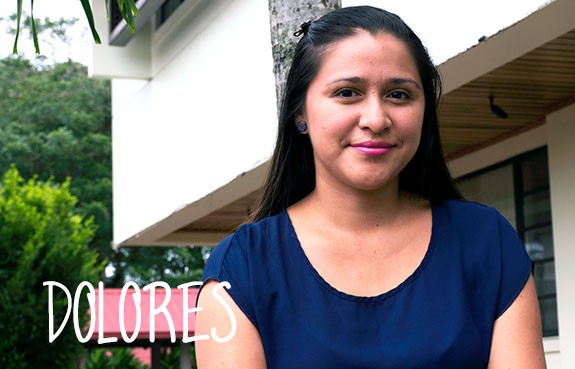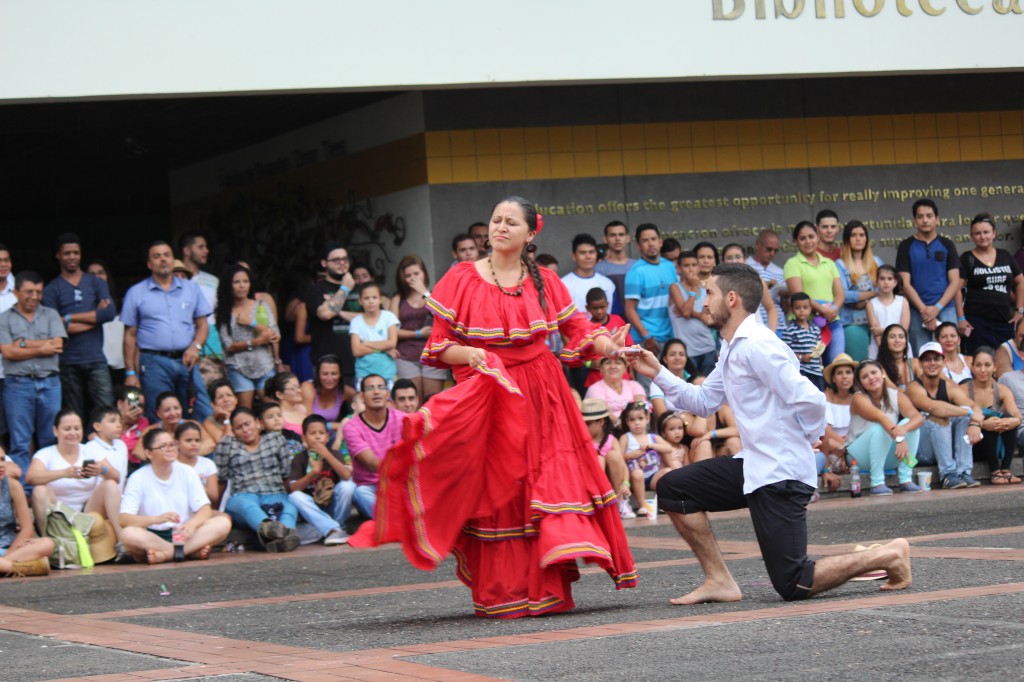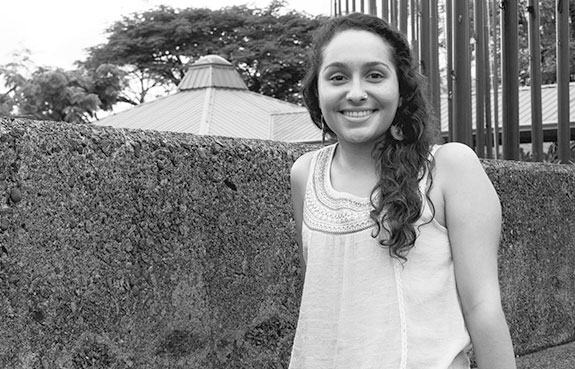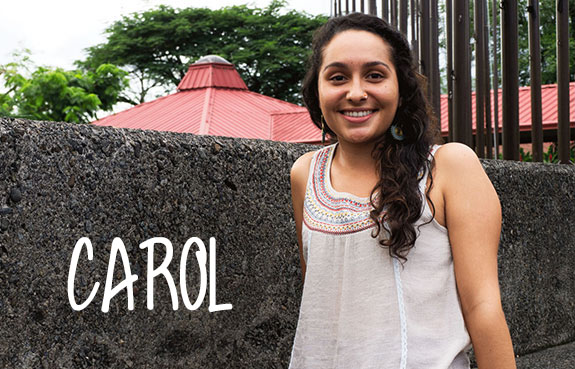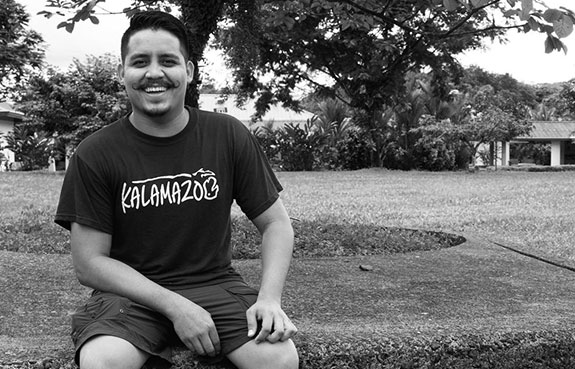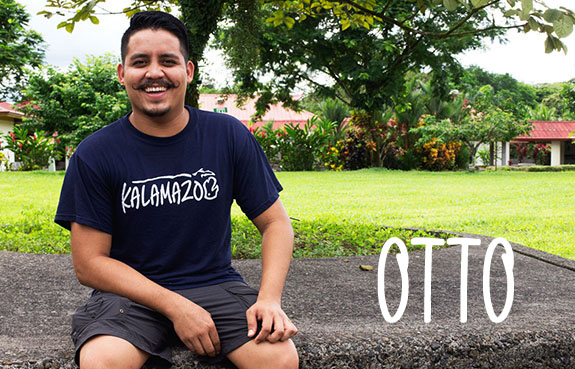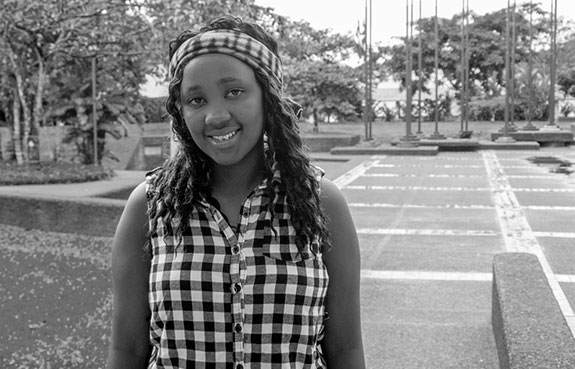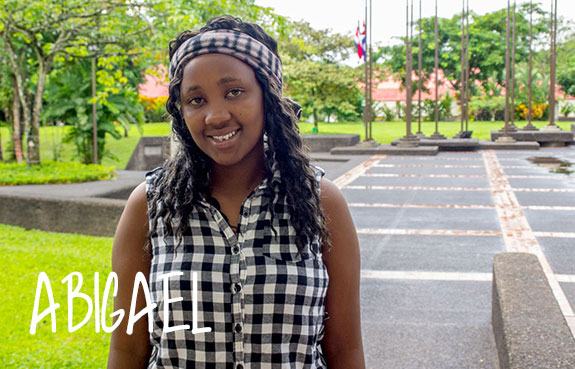Get to know four students from the class of 2016
Dolores Salazar
(’16 Honduras) - The MasterCard Foundation Scholar
What does it mean to study at EARTH?
Studying here is a huge opportunity. I come from a rural zone and I never imagined that I could study in a university in another country and immerse myself in the way of life here. The relationships I’ve made with my fellow students from all over the world are so special and will serve me in my personal and professional life.
What are your plans after graduation?
I want to support my community. I would like to work with businesses in the public or private sector that help agriculture workers in my zone, and develop my own business. My community is known for coffee production and one day I would be proud to have my own brand of coffee.
Tell us a little about your graduation project
I completed in vitro fertilization of a plant species. I evaluated different methods of disinfection to achieve the best culture medium to improve the introduction.
Carol Fuentes
(’16 Costa Rica)
What was the best advice you received while studying at EARTH?
Believe in your own convictions. Keep your authenticity but don’t be so stubborn that you won’t change your mind. Make sure that what your thoughts, actions, and words match your lifestyle. It is also important to do things with love.

Carol always participated in different activities like the organization of the 2016 EARTH Multicultural Fair, Student Council, and more.
How was the internship?
It was excellent. I was in Rwanda developing soil mapping for a farm. From a technical point of view it was very enriching because it allowed me to deepen my knowledge of soils and I realized that it was an area I really enjoyed. I also started to work with precision farming tools and I realized that it was what I wanted to continue doing.
It was also a chance to learn about another reality, eliminate any stereotypes I had, and see all the potential for work outside my country.
What was the most valuable experience you had at EARTH?
The Multicultural Fair because we had a huge responsibility as students. We can say that during one year, we managed a company, and that gave us a lot of satisfaction. Although there were moments when we were stressed and didn’t know how it would turn out, it is worth it to see the family members travelling here for graduation. It is the perfect embodiment of the phrase: the more effort you put into something, the more reward you gain.
Otto Quin
(’16, Guatemala)
Tell us about your graduation project
We produced fortified flour based on traditional crops such as moringa, maize, and crotalaria. Rural people consume it only when it regrows, and they call it the “meat of the poor” because it is what people eat when they cannot afford to buy meat. These plants have a lot of beneficial properties including protein, iron, and calcium, but it is not a complete substitute for meat. In Guatemala, 49.5% of children under 5 are malnourished.
One of the reasons I decided to study agriculture was to make changes in the population through the production of food and the management of natural resources.
The good thing is that flour does not have to be introduced to the market because as we know, the corn culture in Central America is already established and its products are commonly consumed. Another thing I wanted to do was an investigative project that wasn’t necessarily part of any graduation project, but that could be applied to communities and help producers.

Rick and Pam Foster hosted Otto while he was completing his internship in Michigan, and through this time he came to think of them as his second family.
It was a difficult project because we started from zero in the field production, growing and harvesting. Then I had to do the processing, taste testing, and statistical and financial analysis. It was a very complete project and fortunately I was able to finish.
What legacy do you think you have left at EARTH?
As there are people from all over the world here, we have different ideals and perspectives on life.
We created a support group here in the institution, called diversity club, which promotes acceptance. There are many people here that supported us and will take control of the group now that I am graduating.
We help explain to newcomers, visitors, and anyone that in the university we will not discriminate based on culture, religion, or sexual orientation. Our objective is that even if you disagree with something, you can try to understand and respect it.
Abigael Pertet
(’16, Kenya) - The MasterCard Foundation Scholar
Why do you want to be an agronomist?
It is my dream to help my community. In my village, people primarily raise cattle, and there are many limitations. I wanted to be a pilot, but seeing the problems we faced, I decided to study to be a leader of change and help them.
You like working to help women and girls, why do you think this is important?
I have studied thanks to scholarships and have had help from many people to get where I am. Women still do not commonly have these opportunities, especially in my community. I want to train them and tell them that they can achieve whatever they want to achieve.
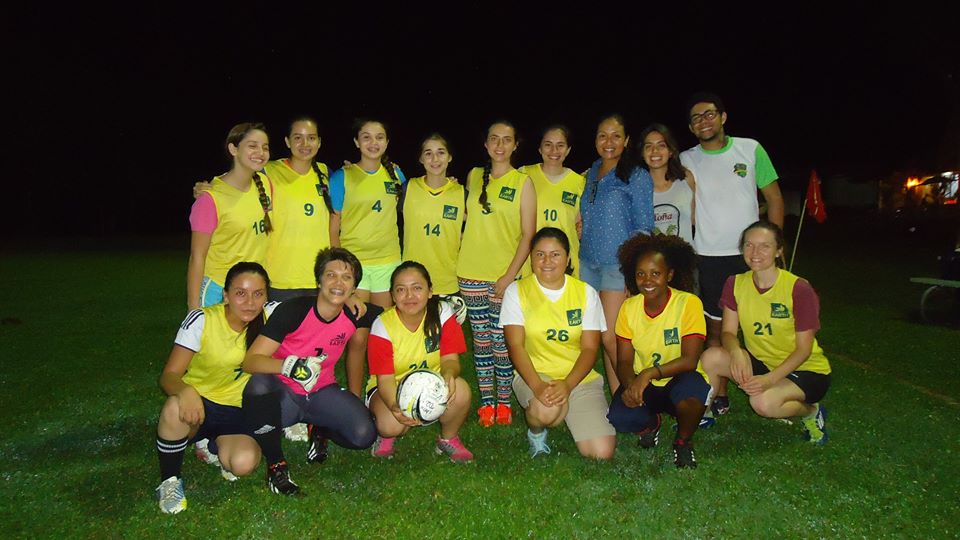
During her study at EARTH, Abigael (bottom row, second from the left) developed a passion for soccer and was part of the team that came in first place in the 2016 university tournament.
Tell us about your Graduation Project.
My graduation project focuses on helping rural women in the area of sustainable microfinance, based on agricultural limitation of the people of my city in Kenya. I had the opportunity to learn about their limitations and to propose a project.
What does your family think about the education you’ve received at EARTH?
In my community, agriculture is oftentimes seen as poor peoples’ work, and many people have asked me why I decided to dedicate myself to this since I had the qualifications to do something else. Older people ask me how I’m going to help them because, unfortunately, there are very few young people working in agriculture. Now, the Kenyan Ministry of Agriculture has offered me a job in my region where I will be able to implement many things and, thanks to my youth, bring new and fresh ideas.

